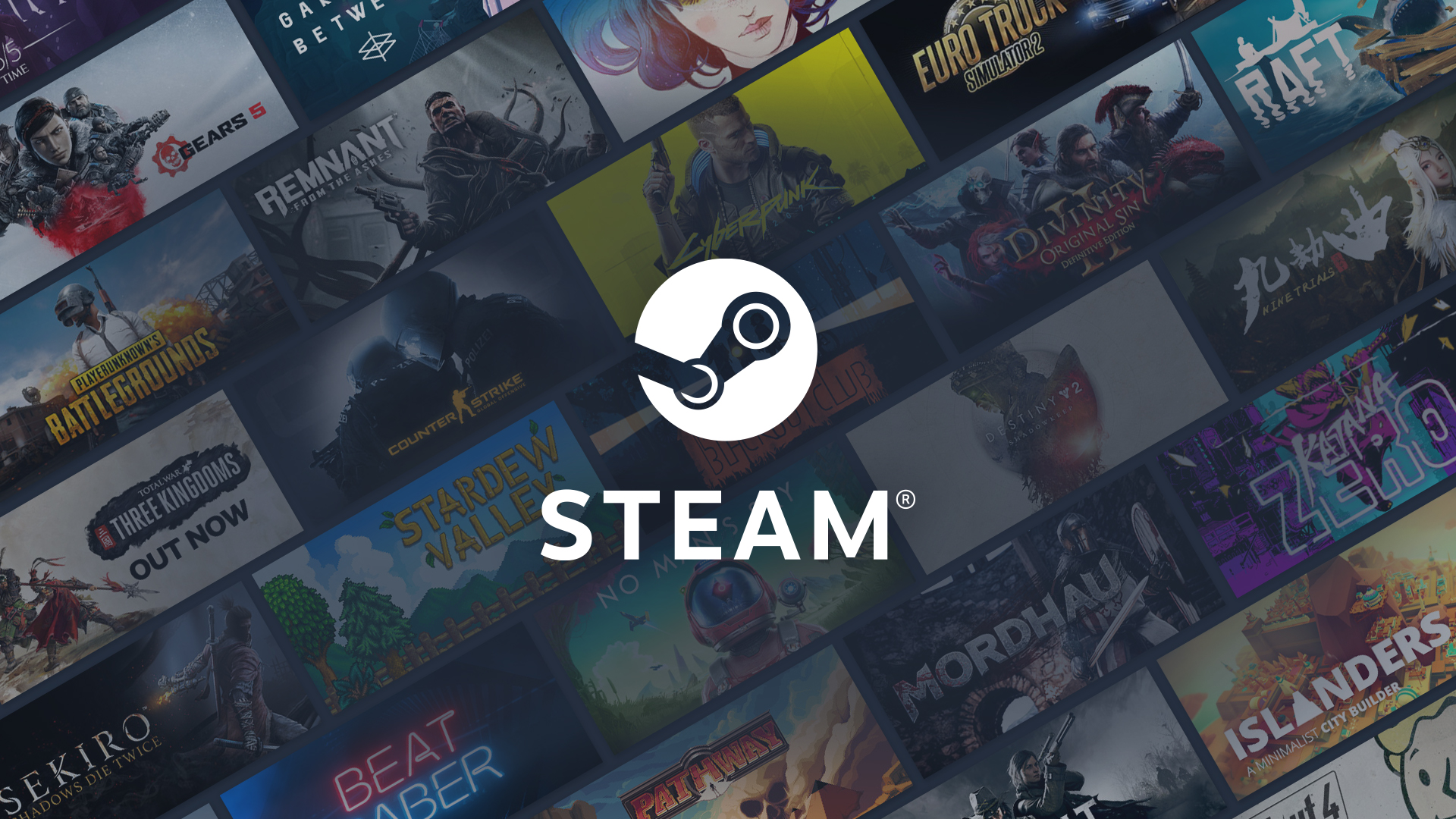
If you're anything like me, you're sitting pretty on an enormous stash of Steam games like a dragon's hoard of gold and treasure — likely procured through years of epic Steam Sale discounts that are just too good to turn down.
I own more games than I'm ever likely to play. Between Humble Bundle subscriptions and seasonal Steam sales, my library is a gamer's paradise. Given the price I paid to amass such a collection, it's too good to be true. And that's because it isn't.
While I gawp in wonder at a library of games that I'd need to pass down through my lineage to complete fully, Valve is here to rain on my parade by reminding me I actually don't own anything — and neither do you.
As it turns out, you weren't buying games in those incredible Steam sales, just licenses. Licenses with an unknown lifespan.
Steam digital purchases: The prices are small, and so is the fine print
The news, while not news to many, comes by way of a change to the Steam checkout screen as spotted on Reddit, which now reads: "A purchase of a digital product grants a license for the product on Steam."
Translated from legalese, you're not buying these games, you're renting them — a statement that platform owner Valve is likely to want to make crystal clear ahead of California's looming AB 2426 law.
the bill focuses on digital product transparency within the digital storefront industry, and ensuring consumers know whether they're buying a product or licensing it, forcing companies to come clean about what's really included with each digital purchase.
It's a sharp wake-up call for anyone who was under the delusion that their Steam digital library was theirs eternal. The truth is,
While the news of Steam's game license sales has caught many unaware, it's been an open secret for the entirety of the digital market age.
This is exactly why counter storefronts that oppose these kinds of digital rights management (DRM) issues exist, with one of the most well-known being Good Old Games (GOG).
On catching wind of Valve's checkout tweak, GOG quickly took to X to get one over on Steam by posting: "Since checkout banners are trending, we're thinking of putting one up ourselves. Thoughts on this one?"
Attached is an image of the GOG checkout page, with the words "A purchase of a digital product on GOG grants you its Offline Installers, which cannot be taken away from you."
Since checkout banners are trending, we're thinking of putting one up ourselves. Thoughts on this one? pic.twitter.com/d3y66PrL7QOctober 11, 2024
Quite the zinger. Buying from a storefront like GOG allows the user to download an offline installer that can be saved to a hard drive, burnt to a disk, or uploaded to online storage and used as many times by as many people as that buyer chooses (within reason).
But let's tap the breaks on the social media dunking competition, because should you delete that file and want to redownload it, then you're only able to do so as long as GOG remains operational.
If GOG were ever to go the way of Blockbuster, well, you can kiss goodbye to that expansive collection of digital titles you own also.
Outlook
Physical media is practically dead. At least when it comes to most software. Valve's disclaimer isn't anything new or revelatory, but it is a bitter pill to swallow for many to be reminded that the years they've spent cultivating their precious Steam library exist only while Steam does.
While it seems like Steam's presence is a pretty safe bet today, who knows what the future holds?
Next time you're stacking your cart sky high with discounted digital goods, pause for thought and know that no platform will live forever (though, not all will go out of business as fast as Google Stadia did), and when it dies, every purchase you made will amount to naught.







